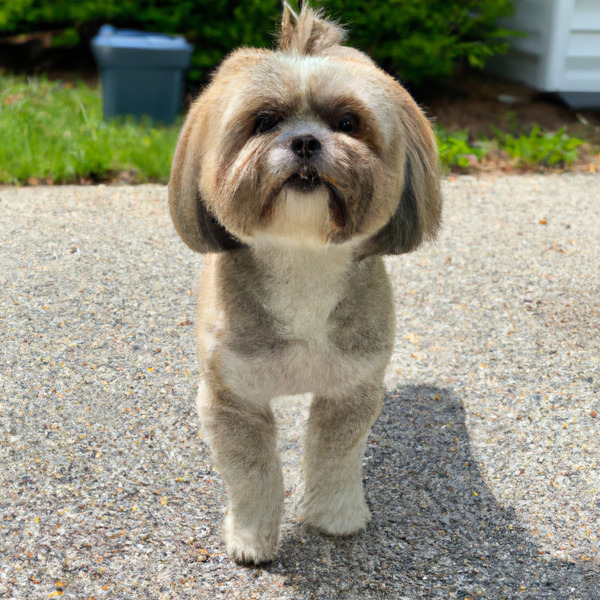Shorkie Tzu vs. Bloodhound: Breed Differences and Similarities
Hypoallergenic
Are Shorkie Tzus or Bloodhounds hypoallergenic, or neither?
Unfortunately, neither Shorkie Tzu nor Bloodhound are hypoallergenic, which may not make them the best choice for dog lovers who suffer from pet allergies.
Temperament
What are the personalities of Shorkie Tzu and Bloodhound dogs?
Loyal
Energetic
Stubborn
Affectionate
Gentle
Independent
Outright
Tempered
Stubborn
Shedding Level
Do Shorkie Tzus shed more than Bloodhounds, or which breed sheds more, Shorkie Tzus or Bloodhounds?
Shorkie Tzus shed very little hair, making them a great choice for those who dislike excess hair in the house.
Bloodhounds are moderate shedders, but regular brushing can reduce shedding and maintain coat health.
Watchdog Ability
Which dog breed makes a better watchdog, the Shorkie Tzu or Bloodhound?
Shorkie Tzu or Bloodhound breed are not the best choices if you want a good watchdog.
Origin
What is the origin of Shorkie Tzu and Bloodhound dog breeds?
United States
Europe
Ancestry
What are the origins of Shorkie Tzu and Bloodhound breeds?
Yorkshire Terrier, Shih Tzu
flemish hound, talbot hound
Breed recognition
Which kennel clubs recognize/register Shorkie Tzu and Bloodhound?
American Canine Hybrid Club
International Designer Canine Registry
American Canine Registry
American Kennel Club
America's Pet Registry
Canadian Kennel Club
Dog Registry of America Inc.
Federation Cynologique Internationale
Kennel Club of Great Britain
North American Purebred Registry, Inc.
Australian National Kennel Council
Continental Kennel Club
National Kennel Club
New Zealand Kennel Club
United Kennel Club
Date of Birth
When were Shorkie Tzu and Bloodhound breeds first developed?
Unknown
middle ages
Eye Color Possibilites
What are the eye colors of Shorkie Tzu and Bloodhound dogs?
Blue
Brown
Hazel
Amber
Nose Color Possibilites
What are the natural nose colors of Shorkie Tzu and Bloodhound?
Blue
Black
Brown
Black
Brown
Coat Color Possibilites
What are the natural colors of the coat for Shorkie Tzu and Bloodhound breeds?
Fawn
Brown
Blue
Black
Red
White
Black
Brown
Red
Fawn
Sable
Coat Length
What is the typical coat length for Shorkie Tzu and Bloodhound breeds?
Shorkie Tzus have longer coats compared to most dogs.
Bloodhounds have short coats.
Coat Density
What is the density of the coat of Shorkie Tzu and Bloodhound?
Coat Texture
What is the hair texture of Shorkie Tzu and Bloodhound?
Straight
Litter Size
What is the usual litter size for Shorkie Tzu and Bloodhound?
A Shorkie Tzu can have a litter of 4-6 puppies on average. However, it's worth noting that the size of the litters can vary greatly. Factors that can influence litter size include the health of the mother, breeding history, and genetics.
A Bloodhound can have a litter of 10-12 puppies on average. However, it's worth noting that the size of the litters can vary greatly. Factors that can influence litter size include the health of the mother, breeding history, and genetics.
Adaptability
Shorkie Tzus are highly adaptable and versatile, making them excellent companions for families and individuals of all lifestyles.
Bloodhounds have average adaptability to changes in lifestyle and living environments compared to other breeds.
Health Issues
Between Shorkie Tzu and Bloodhound, which breed is more prone to health problems?
Shorkie Tzus typically have low vet costs due to their good health, but it's important to monitor their health and seek vet care when necessary.
The Bloodhound breed is generally very healthy, requiring minimal vet visits. Still, it's important to keep an eye on their health and seek veterinary care when needed.
Major Concerns
What are the major health concerns for Shorkie Tzu and Bloodhound breeds?
Hypoglycemia
Collapsed Trachea
Otitis Externa
Entropion
Gastric Torsion
Cherry Eye
Hip And Elbow Dysplasia
Minor Concerns
What minor health issues should be kept in mind when owning Shorkie Tzu and Bloodhound?
Patellar Luxation
Progressive Retinal Atrophy
Bone And Joint Problems
Hypothyroidism
Occasional Tests
What occasional tests are recommended for Shorkie Tzu and Bloodhound breeds?
X-Rays
MRI
CT Scan
Physical Examination
Ultrasound
Radiographs
Urinalysis
Blood Tests
Chemical Analysis
Electroretinogram
Eye
Hip
Elbow
Thyroid Tests
X-Rays
Energy
How do the energy levels of Shorkie Tzus and Bloodhounds compare?
Shorkie Tzus are suitable for those with a balanced lifestyle as they have an average energy level.
Bloodhounds thrive on an active lifestyle due to their high-energy nature.
Social Needs
Shorkie Tzu vs Bloodhound social needs comparison
Shorkie Tzu and Bloodhound have very high social needs. These needs include regular mental and physical stimulation, a job or purpose, and companionship. They thrive in environments where they have a lot of interaction with humans and other dogs.
Exercise Needed
Shorkie Tzu vs Bloodhound exercise need comparison.
Shorkie Tzus need only a small amount of physical activity, ideal for busy or elderly people or those with limited space.
Bloodhounds need high physical activity and are ideal for active individuals, but not suitable for sedentary lifestyles or small apartments.
Sleeping Need
Which of the two sleeps the most/least: Shorkie Tzu or Bloodhound?
Shorkie Tzus have moderate energy levels and typical sleep patterns of 12-14 hours per day.
Bloodhounds are active and require sufficient sleep to stay healthy.
Tendency to Bark
Do Shorkie Tzus or Bloodhounds bark more/less frequently?
Shorkie Tzu dogs are generally less vocal than other breeds and only bark when necessary, such as to alert their owner or communicate.
Bloodhound dogs bark and howl frequently and are not recommended for quiet homes.
Mouthiness
Mouthiness Comparison: Shorkie Tzu vs Bloodhound?
Roaming urge
Shorkie Tzu vs Labrador: Running away tendency?
Prey Drive
Shorkie Tzu or Bloodhound - which breed has a higher level of prey drive?
Past times
What are some enjoyable activities and ways to keep Shorkie Tzu and Bloodhound entertained?
Walk, Playing fetch, Taking walks, Running, Sleeping, Play, Road trip, Fetch, Visiting, Playing, Nap, Walks, Off-leash, Everything, Groom, Tug-of-war, Chase
Snack time, Walk, Petting, Sniffing, Not walking, Eating treats, Walking, Cuddle, Hide & Seek
Activity Level
Which breed has higher energy, Shorkie Tzus or Bloodhounds?
Both Shorkie Tzu and Bloodhound are medium-energy dogs that enjoy socializing and playing with other dogs. They may engage in casual or sustained games of chase, and occasionally have bursts of barking or racing around the house.
Tolerance of being left alone
Walks per Week
How many miles should Shorkie Tzu or Bloodhound walk each week?
There's really no limit to how far you walk your dog as long as they're comfortable. For Shorkie Tzu, it's at least 4 miles / week. Just remember to build distance and stamina gradually over time.
There's really no limit to how far you walk your dog as long as they're comfortable. For Bloodhound, it's at least 8 miles / week. Just remember to build distance and stamina gradually over time.
Activity per Day
Do Shorkie Tzus or Bloodhounds require more exercise?
In general most Shorkie Tzus usually need at least 30 minutes of exercise daily. This can be spread across the day and include all sorts of high-energy activities, like walking, running and playing.
In general most Bloodhounds usually need at least 60 minutes of exercise daily. This can be spread across the day and include all sorts of high-energy activities, like walking, running and playing.
Grooming
Which breed is easier to maintain in terms of grooming, Shorkie Tzus or Bloodhounds?
Shorkie Tzus have high grooming needs, requiring regular trims and professional grooming assistance to keep their coat healthy.
The Bloodhound has low grooming needs and is easy to maintain.
Brushing Frequency
What is the recommended brushing frequency for Shorkie Tzu and Bloodhound dogs?
Ideally, Shorkie Tzu should be brushed at least 2 or 3 times a week (preferably daily) improve shedding.
Bloodhound should be brushed at least once a week. Of course you can give them more frequent brushes if you find that they are still shedding a lot
Brushing Tools
What brushing tools are used for Shorkie Tzus and Bloodhounds?
Slicker Brush
Comb
Scissors
Nail Clipper
Slicker Brush
Nail Clipper
Cups
How much food should be given to Shorkie Tzu or Bloodhound in cups?
For an average 7-15 pound (3 - 7 kg) Shorkie Tzu feed 1 cups daily. But, keep in mind, the amount you feed is going to be dependent on the quality of the food you are feeding.
For an average 90-110 pound (41 - 50 kg) Bloodhound feed 3 cups daily. But, keep in mind, the amount you feed is going to be dependent on the quality of the food you are feeding.
Daily Cost
Which breed has a higher daily cost, Shorkie Tzu or Bloodhound?
The average cost of a Shorkie Tzu is somewhere $1.10 - $1.40 per day.
The average cost of a Bloodhound is somewhere $2.80 - $3.20 per day.
Monthly Cost
Which breed has a higher monthly cost, Shorkie Tzu or Bloodhound?
The average per month expenses of a Shorkie Tzu is between $35 - $42. This makes an average of $420 - $504 per year. It will be on the higher side when the dog is still small because it will need more frequent visits to the vet, shots.
The average per month expenses of a Bloodhound is between $84 - $95. This makes an average of $1008 - $1140 per year. It will be on the higher side when the dog is still small because it will need more frequent visits to the vet, shots.
Intelligence
Comparing Intelligence: Shorkie Tzus vs Bloodhounds
Shorkie Tzu has below average obedience intelligence, but they excel in understanding human emotions.
Bloodhound is a very intelligent and trainable breed.
Sensitivity Level
How do Shorkie Tzu and Bloodhound compare in sensitivity?
These breeds are more sensitive than others and easily overwhelmed by new surroundings and people. Shorkie Tzu and Bloodhound need gentle handling and a calm, stable home environment with positive reinforcement training.
Affection Dependance
Which is the more affectionate dog breed: Shorkie Tzu vs Bloodhound?
Apartment Friendly
Which breed is more apartment-friendly: Shorkie Tzu or Bloodhound?
Shorkie Tzus make excellent apartment dogs, being fairly active indoors and not requiring a yard.
The Bloodhound is not suitable for apartments and requires a large yard to thrive. Pent-up energy in small spaces can lead to destructive behavior.
Child Friendly
Do Shorkie Tzus or Bloodhounds have a friendlier temperament towards children?
Shorkie Tzus are not the best choice for families with kids.
Bloodhounds make excellent family pets for kids due to their gentle, protective nature and calm temperament.
Senior-friendly
Which dog is more suitable as a pet for the elderly - Shorkie Tzu or Bloodhound?
Cat Friendly
Do Shorkie Tzu or Bloodhound breeds have a better compatibility with cats?
Shorkie Tzus and Bloodhounds are very cat friendly dogs. They generally make good companions for cats.
Dog Friendly
Which breed is more sociable with other dogs: Shorkie Tzu or Bloodhound?
Shorkie Tzus are friendly and active companions, and can be good family pets, though their friendliness towards other dogs may vary.
Bloodhounds are generally very friendly towards other dogs, with a happy and affectionate temperament.
Pet friendly
How do Shorkie Tzu or Bloodhound dogs interact with other pets?
Stranger Friendly
Which breed is more friendly with strangers: Shorkie Tzu or Bloodhound?
Shorkie Tzus are averagely friendly around strangers but benefit from early socialisation.
Bloodhounds are highly friendly around strangers.
Playfulness
Which breed is more playful between Shorkie Tzu and Bloodhound?
Shorkie Tzus have an average level of playfulness, enjoying playtime like most dogs but not excessively so.
Bloodhounds are very playful, so adopting an older one might be a better option for a more relaxed experience.
Trainability
How do the trainability levels of Shorkie Tzus and Bloodhounds compare?
Shorkie Tzus are usually easy to train but require consistency to fully obey commands.
Bloodhounds are popular for their ease of training and quick learning ability.
Compare Shorkie Tzu with other breeds
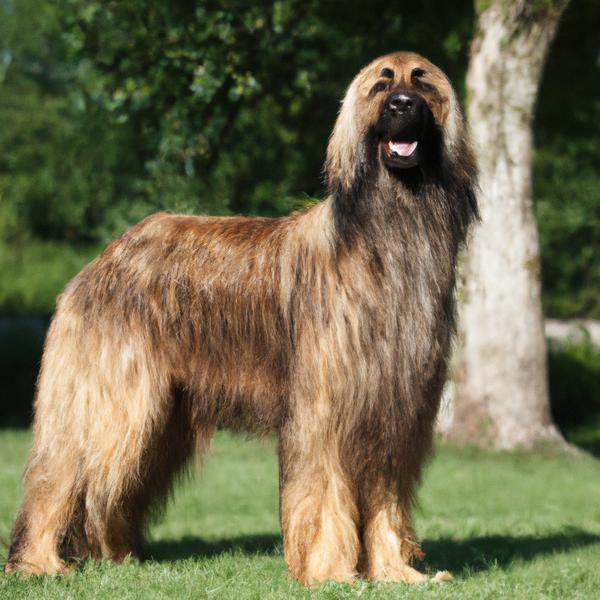
Afghan Retriever
Shorkie Tzu vs Afghan Retriever

Beagleman
Shorkie Tzu vs Beagleman

Miniature Goldendoodle
Shorkie Tzu vs Miniature Goldendoodle
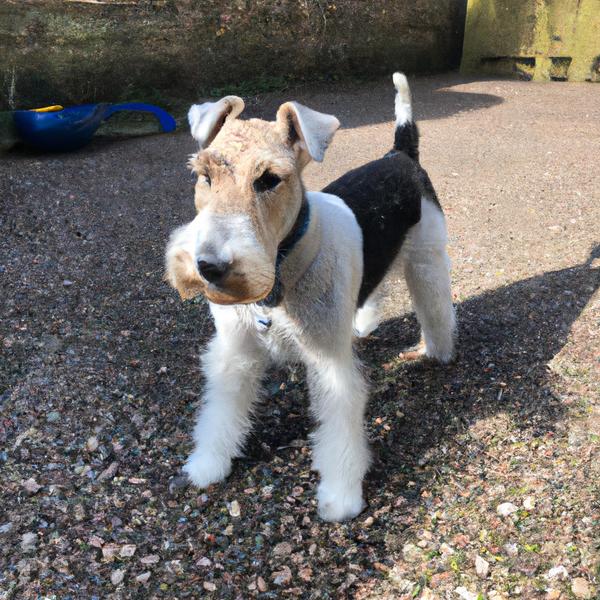
Mini Scottish Fox Terrier
Shorkie Tzu vs Mini Scottish Fox Terrier

Standard Auss-Tzu
Shorkie Tzu vs Standard Auss-Tzu
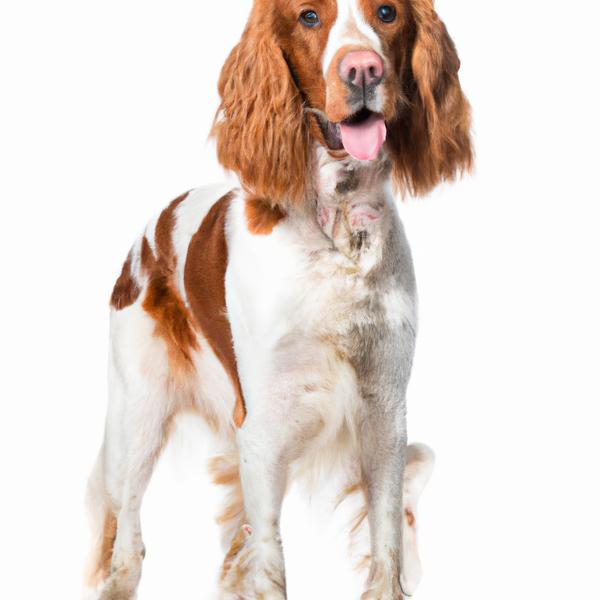
Welsh Springer Spaniel
Shorkie Tzu vs Welsh Springer Spaniel
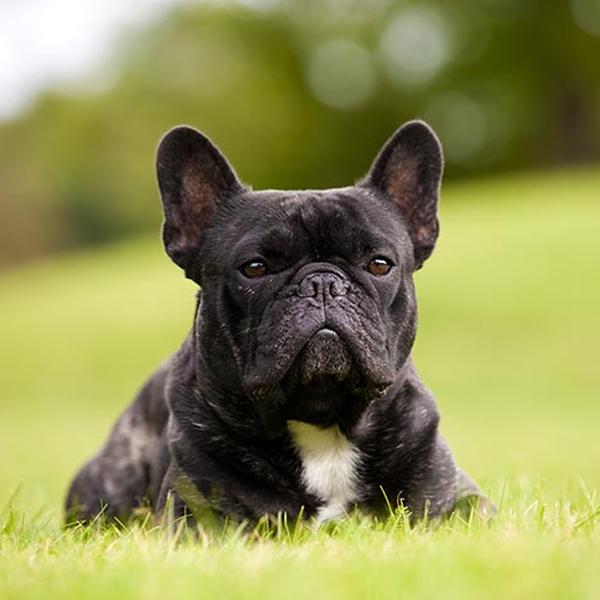
French Bulldog
Shorkie Tzu vs French Bulldog

Bloodhound
Shorkie Tzu vs Bloodhound
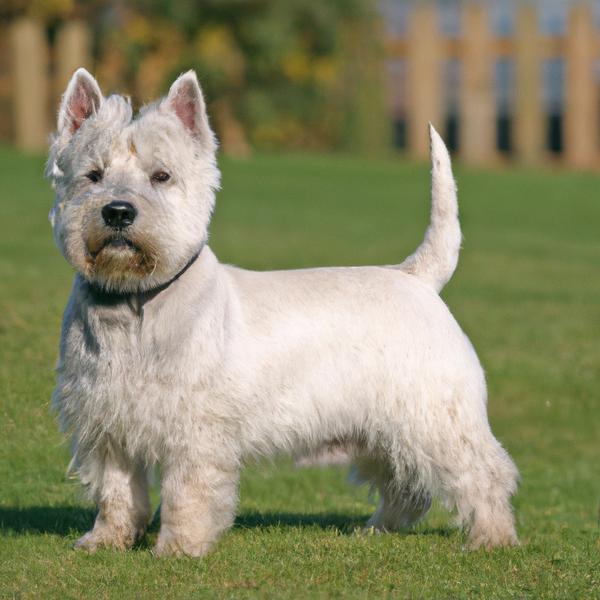
Jack Highland Terrier
Shorkie Tzu vs Jack Highland Terrier

Mally Foxhound
Shorkie Tzu vs Mally Foxhound

English Toy Spaniel
Shorkie Tzu vs English Toy Spaniel
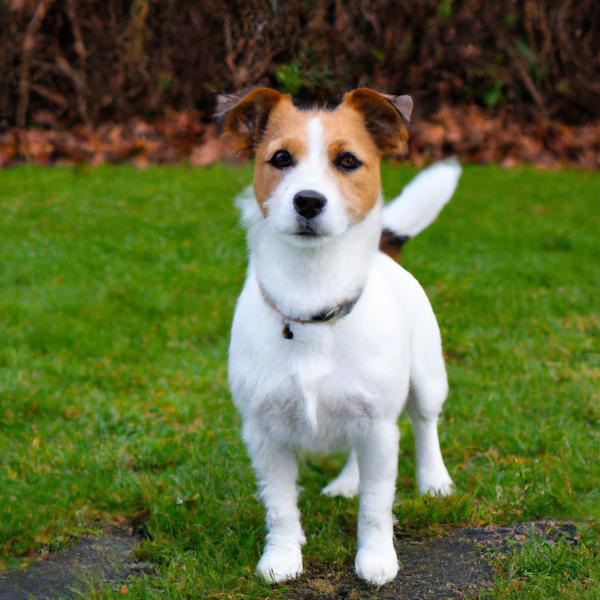
Russell Terrier
Shorkie Tzu vs Russell Terrier
